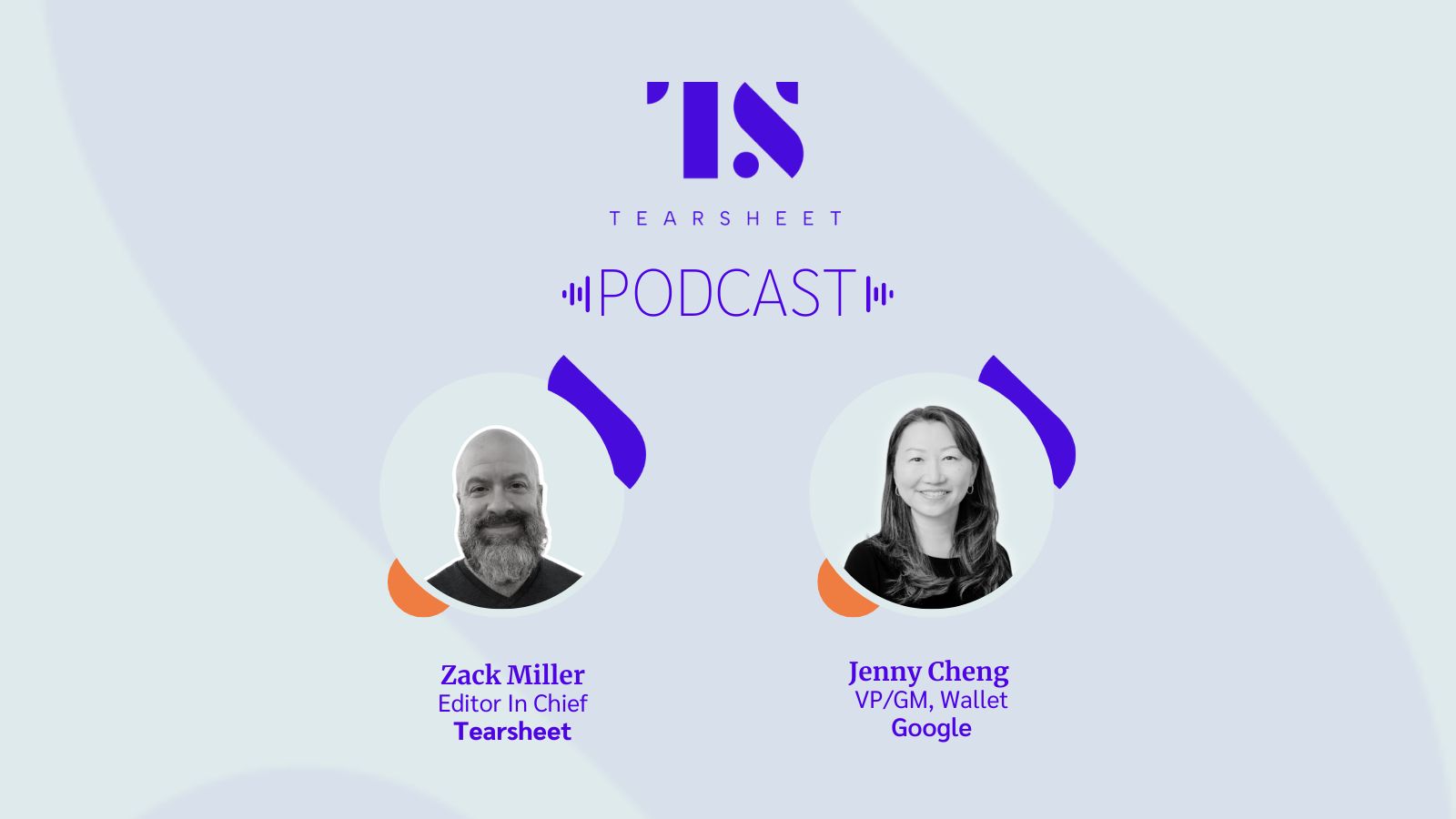Podcasts
A year into the Google Wallet launch with Jenny Cheng
- Including payments and ID, Google's payments strategy and product suite is getting more clearly defined around Google Wallet.
- A year after launching, Jenny Cheng, VP, General Manager of Google Wallet at Google, joins us to talk about where Wallet has come from and where it's headed.








